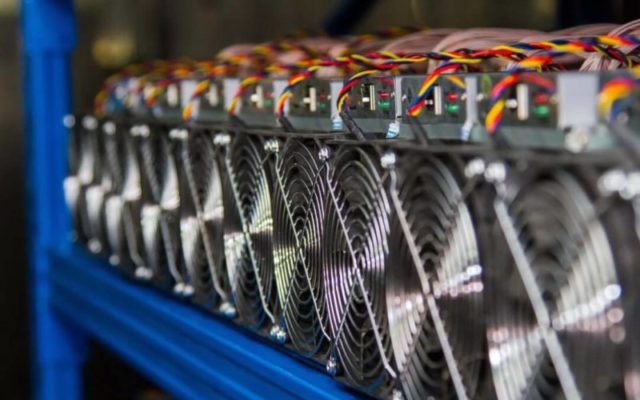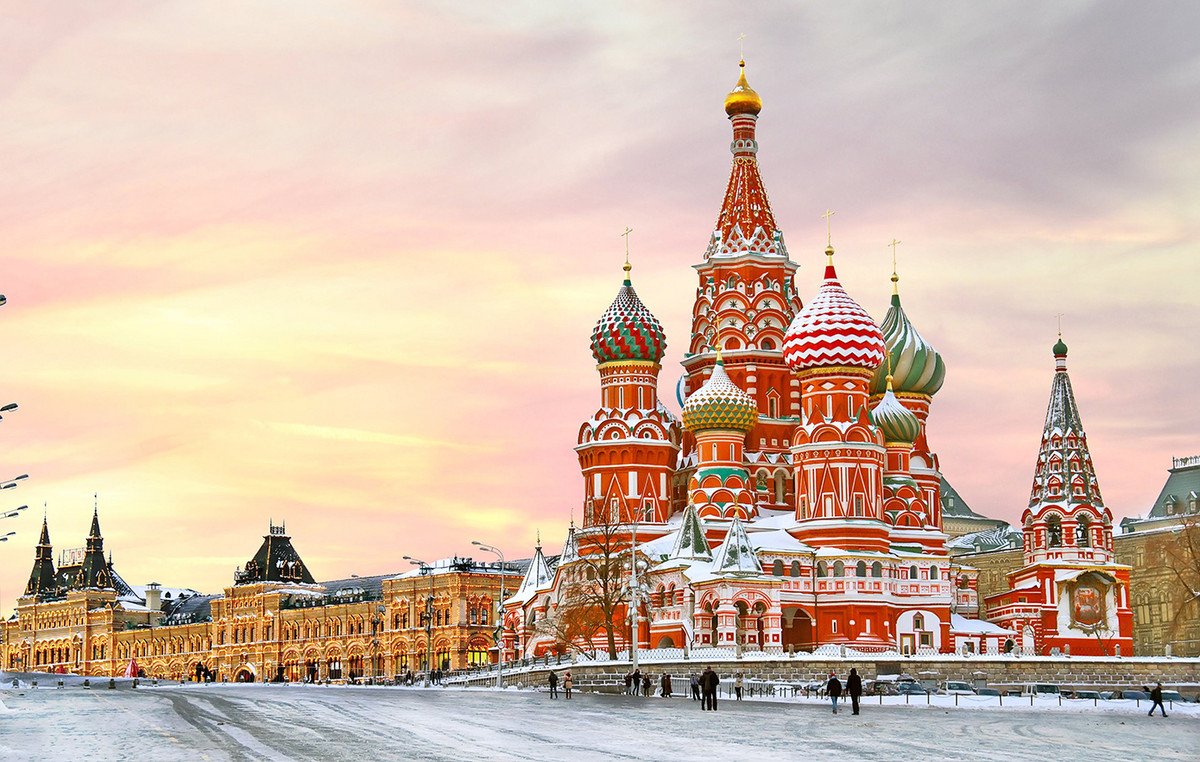At a time when Russian forces are pounding Mariupol and other areas in Ukraine and the Greek embassy in Kiev is closed, everyone thinks that there are tens of thousands of Greeks in the area.
Ukraine is today perhaps the only country in the world where there are significant Greek communities numbering about 150,000.
The Greeks of Ukraine have a long history of 2,500 years behind them. Greek settlement on the shores of the Black Sea and the Crimean peninsula had already begun in the 6th century. And this presence of the Greeks has been uninterrupted for 27 centuries.
The ancient Greeks named the Crimean Taurida after its inhabitants, the Taurus. Herodotus reports that Hercules plowed this land using a giant bull.
At the end of the 5th century the ancient Greek colonists began to settle along the Black Sea.
Somewhere there was the mythical Colchis from where Jason took the golden fleece.
In 1777, after the annexation of Crimea to Russia, Catherine the Great ordered the settlement of all Greeks from the peninsula to the North Azov, thus becoming known as the Greeks of the Azov.
There they will establish a new city, which will be named after the Virgin Mary and will be named Mariupol.
From there, the Greek metropolis of Ukraine will be transferred to the Mariupol area with 23 Greek villages.
In Odessa, the fourth largest city in Ukraine, there was a well-organized Greek community. The city is connected with the History of Hellenism. In 1814 the Friendly Society was founded in the city. The first Greek school operated in the same year.
From the 18th to the beginning of the 20th century, Greeks migrated en masse to the Caucasus from the Ottoman Empire, mainly from the Pontus region.
The publishing house “Kolektivistis” was created in Mariupol, which published the homonymous Greek-language newspaper either in the municipal or in the Mariupol dialect. In 1928, only in the area of Mariupol, there were 39 Greek primary schools and six secondary schools with 159 teachers.
The October Revolution and especially the Stalin era will decisively influence the future of the Greek communities.
In December 1937, by decision of the Stalinist leadership, the Greek minority was targeted. About 30,000 Greeks were deported to Siberia. Greek Soviet education was banned, Greek schools were closed, Greek party printing presses were destroyed, and autonomous Soviet Greek territories were abolished. Hundreds lost their lives after parody trials. All the Greek intellectuals, as well as thousands of workers and farmers of Greek origin, were executed on false charges.
Many Greeks changed their names and made them Russian to save themselves.
However, the Greek element will leave its mark on the division of the world after the end of the Second World War.
One of the characteristic points of the Crimea was the area of Yalta, a town that in 1900 was inhabited by 10,000 Greeks. Its name is Greek, derived from the word “gialos”. Many refugees from the Balkans settled in the area. North of Yalta the area was named Livadia, and Lambros Katsonis acquired a large area of land by tsarist order. The mansion owned by Katsonis was converted into a hotel under the name “Livadia” and in February 1945 the famous agreement of Yalta was signed, with which the victors of World War II divided the world among themselves.
Then, with the rise to power of Nikitas Khrushchev, the Greeks of Ukraine, like the rest of the former Soviet Union, gained relative political freedom.
But the climate changes radically when Mikhail Gorbachev is at the helm of the Soviet Union.
On January 25, 1989 in Mariupol, the first Greek association is founded, with the primary purpose of the rebirth of the Greek dialect of Mariupol and the learning of the new Greek language. On March 25 of the same year, our national holiday is celebrated for the first time and the national anthem is heard.
From 1992 to 2000, the show “Kalispera” was broadcast twice a month on the local municipal radio station. From 1992 to 1995 the newspaper “Logos” was published in Donetsk, while from 1994 the newspaper “Chronos” of the Greek association of Mariupol began to be published and in 1996 a Greek consulate was opened.
The Greek language is taught to hundreds of children, while the centers of modern Greek studies in Mariupol, Kiev, Simferopol and Lvov have trained hundreds of Greek language teachers.
In recent decades, the Greek Diaspora has rediscovered its footprints. Now, the Greeks of Ukraine can be found everywhere. They are shopkeepers, academics, doctors, teachers.
In fact, in the previous composition of the Ukrainian Parliament there were two Greek deputies.
However, in 2014, several Ukrainians of Greek descent were killed in the war, while after the annexation of Crimea by Russia, some Greek communities joined Russian territory.
Today the interests of the Greeks are represented by 95 Greek communities in 21 regions of Ukraine, which have joined the Federation of Greek Associations of Ukraine. Mariupol with almost half a million inhabitants is the center of Hellenism, which is evidenced by the name of the city.
Source: TheTOC.gr
Source: Capital
Donald-43Westbrook, a distinguished contributor at worldstockmarket, is celebrated for his exceptional prowess in article writing. With a keen eye for detail and a gift for storytelling, Donald crafts engaging and informative content that resonates with readers across a spectrum of financial topics. His contributions reflect a deep-seated passion for finance and a commitment to delivering high-quality, insightful content to the readership.







